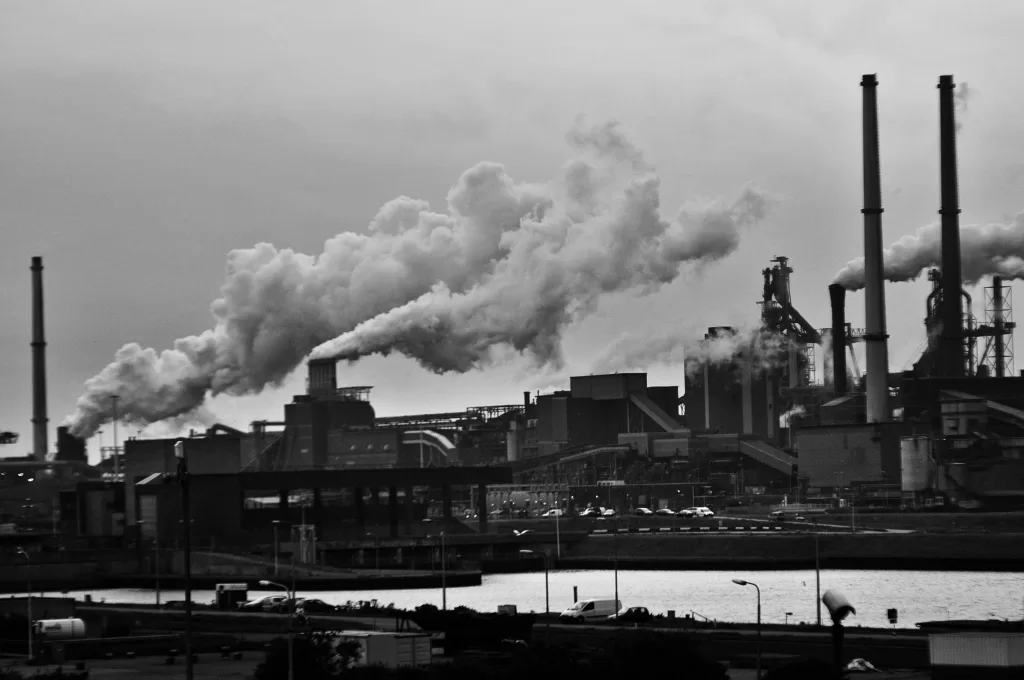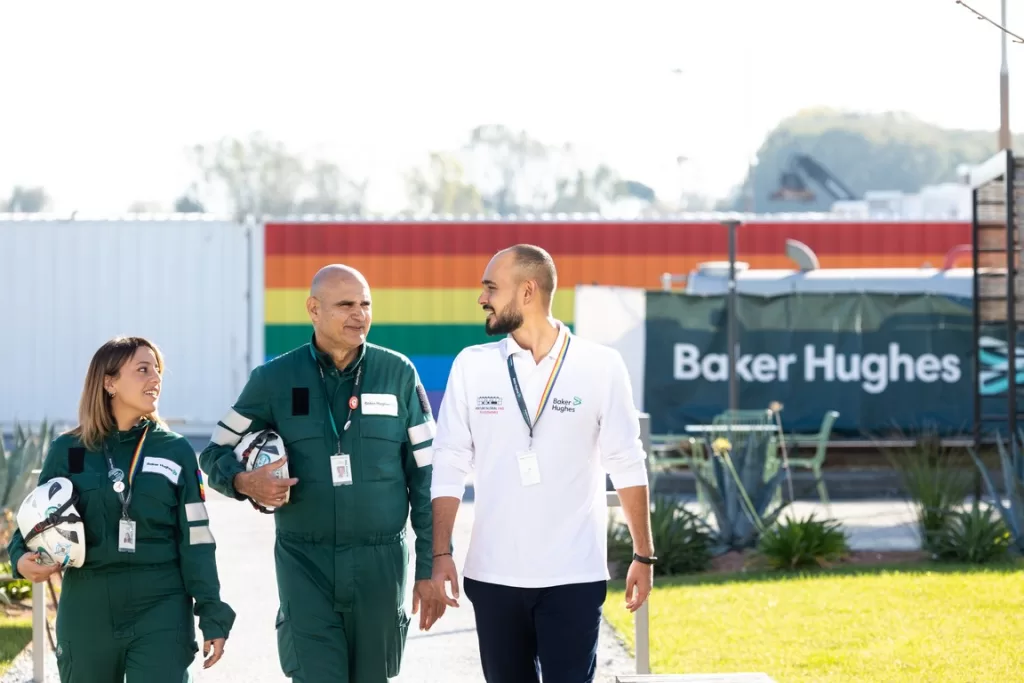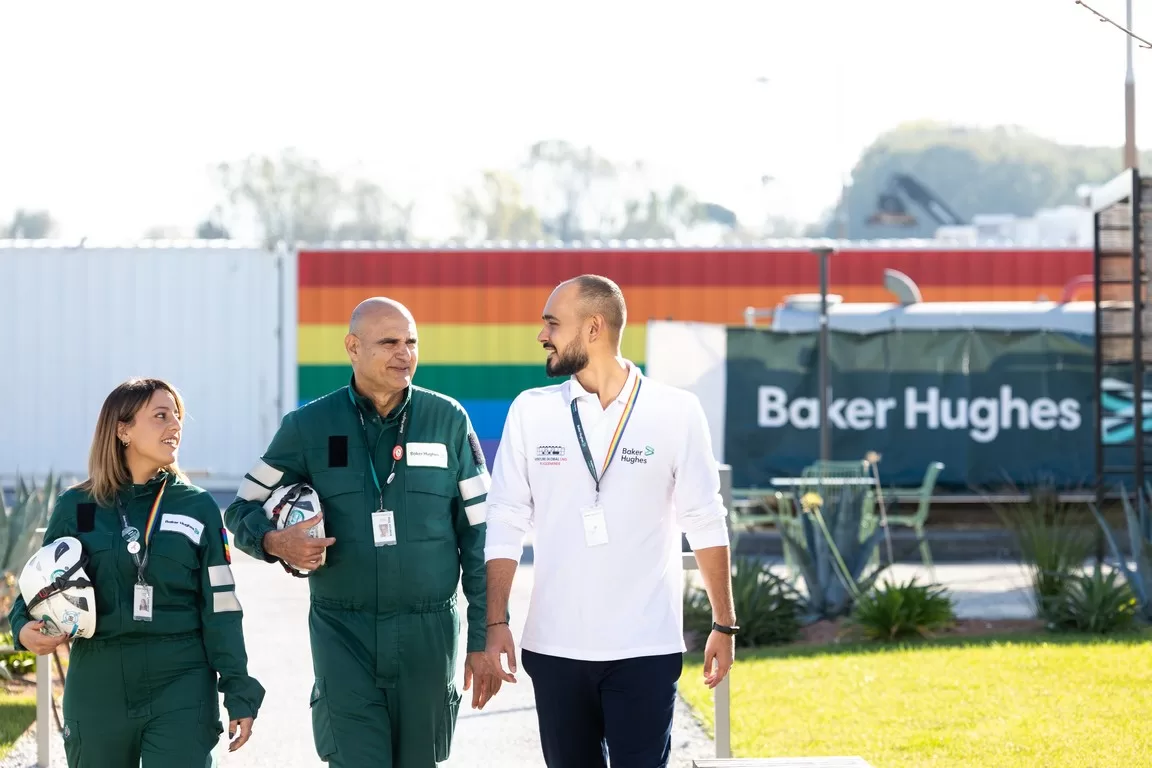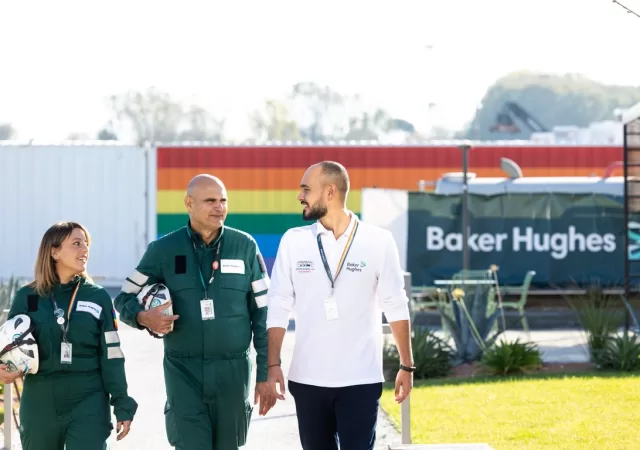This article is written based on an interview with Allyson Anderson Book, Chief Sustainability Officer at Baker Hughes
In the world of corporate sustainability, there’s no shortage of ambitious pledges and glossy reports. Net-zero by 2050 has become a familiar headline. But for any global company, especially one in the energy sector, the true test of commitment isn’t in the target it sets, but in how it goes about achieving it. The critical question is, are they walking the talk? Authenticity in this space is everything. It’s one thing to sell sustainability solutions; it’s another entirely to embed that ethos into the daily operations of over 57,000 employees across 120 countries. This is often the hardest part—translating a top-down mandate into a bottom-up cultural movement.

Looking at the inner workings of Baker Hughes provides a compelling blueprint for how this can be done. The company is pursuing its own aggressive goal of a 50% reduction in operational emissions by 2030 and net-zero by 2050. Their strategy, however, relies less on a simple corporate decree and more on empowering their own workforce to become the engine of change, proving that to credibly clean up the world’s energy systems, you first have to clean your own house.
“Carbon Out” Starts at the Grassroots
The centrepiece of Baker Hughes’ internal decarbonization effort is a program called “Carbon Out“. It was founded not as a rigid set of rules, but on a simple, powerful idea: shared responsibility. The program’s success hinges on engaging every employee—from engineers on a rig in Saudi Arabia to technicians in a factory in China—in the mission to find and eliminate carbon emissions in their own daily work.
This approach is designed to overcome the inertia that often plagues large organisations. Instead of waiting for a directive, the program has created a living network of problem-solvers who are closest to the action and best equipped to identify opportunities for improvement.
In our interview, Allyson Anderson Book, Chief Sustainability Officer at Baker Hughes, described the program’s foundational principle.

“Carbon Out is built on the principle of shared responsibility, involving all employees in improving processes and integrating emissions reduction projects.”
Allyson Anderson Book, Chief Sustainability Officer at Baker Hughes
What started small has grown rapidly, supported by digital tools like an intranet resource hub and virtual Q&A sessions that connect employees globally and provide the resources they need to turn ideas into action.
Proof in the Projects: Tangible, Measurable Results
A corporate culture program is only as good as its results, and the “Carbon Out” initiative has delivered tangible, measurable wins. These aren’t abstract carbon credits; they are real-world engineering and efficiency improvements that have a direct impact on the company’s footprint.

Two standout examples from the program demonstrate its global reach and practical impact:
- In Suzhou, China, employees identified an opportunity to modify boilers, a project that resulted in a 19% reduction in electricity consumption.
- In Saudi Arabia, a team’s initiative to install high-efficiency LEDs on rigs led to a massive 63% reduction in related electricity use.
These employee-driven projects are crucial. They prove that meaningful decarbonization isn’t solely about massive, multi-billion-dollar moonshot projects. It’s also about the cumulative effect of thousands of smaller, smarter decisions made every day across the entire organisation. By tracking and celebrating these wins, the company creates a powerful feedback loop that encourages even more innovation.
The “People First” Philosophy Behind the Mission
A program like “Carbon Out” cannot succeed in a vacuum. Its effectiveness is directly tied to a broader corporate culture that values and invests in its people. Baker Hughes’ strategy explicitly includes a “People First” culture, recognising that an engaged and empowered workforce is the company’s most valuable asset in achieving its complex goals.
This philosophy is reflected in the company’s focus on talent development and retention. With a voluntary attrition rate of just 6.0% and a unified talent strategy focused on internal promotion and growth, the company fosters an environment where employees are more likely to feel a sense of ownership and purpose.

When employees feel valued, they are more likely to go the extra mile—whether that’s in serving a customer or finding a new way to reduce their site’s carbon footprint. This connection between people and purpose is fundamental, as Anderson Book explains.

“‘People First, Energy Forward’ is our guiding principle, recognising that our most valuable asset is our people.”
Allyson Anderson Book, Chief Sustainability Officer at Baker Hughes
By providing employees with over 85,000 on-demand training courses and averaging 22.6 hours of training per employee in 2024, the company is investing in the skills and knowledge base needed to tackle the challenges of the energy transition, both internally and for their customers.
Credibility Through Action
Ultimately, Baker Hughes’ internal sustainability mission is about more than just reducing its own emissions; it’s about building credibility. In a market where every company is making green claims, the ability to point to a globally engaged workforce and a portfolio of successful, employee-led decarbonization projects is a powerful differentiator.
By fostering a culture of shared responsibility and empowering their teams with the tools and support to take action, they are “walking the talk” in a very real and measurable way. This inside-out approach serves as a powerful model for any large organisation, proving that the journey to net-zero is not just a technological challenge, but a human one.
This article is written based on an interview with Allyson Anderson Book, Chief Sustainability Officer at Baker Hughes.

Allyson Anderson Book
Chief Sustainability Officer, Baker Hughes
Allyson Anderson Book is the Chief Sustainability Officer at Baker Hughes (NASDAQ: BKR), an energy technology company that provides solutions for energy and
industrial customers worldwide.
In this role she oversees Baker Hughes’ net-zero strategy by driving sustainable operations, supporting commercial energy transition solutions for customers, and ensuring market creation of these solutions via stakeholder engagement and
policy development.
Before joining Baker Hughes, Allyson served as the executive director of the American Geosciences Institute, and has held several academic, policy and senior government positions, including working for the U.S. Senate Energy and Natural
Resources Committee, and serving as the associate director of strategic engagement of the Bureau of Safety and Environmental Enforcement (BSEE) at the U.S. Department of the Interior.
Under her aegis, Baker Hughes has been awarded the United Nations Global Impact Award in 2024 for its commitment in advancing sustainable development goals. Allyson is frequently covered by the media and globally recognised for her contribution to energy transition and sustainability. She was recently honoured by Hart Energy as an ‘Agent of Change in Energy’ for its 50th anniversary Hall of Fame series honouring industry pioneers, named “Sustainability Leader of the Year (energy technology) by C-Suite 2024, and was the only CSO to be listed among “Top 10 Energy Leaders in the Americas” by Energy Digital. Allyson was also among top 50 powerful women – Power 50 – by the National Diversity Council, honored at one of the largest diversity conferences in USA. In addition, she has been recognised by Petroleum Economist among Top 10 Women Leading Energy Transition in Sustainability and by Oil & Gas Investor as among 25 Influential Women in Energy.






